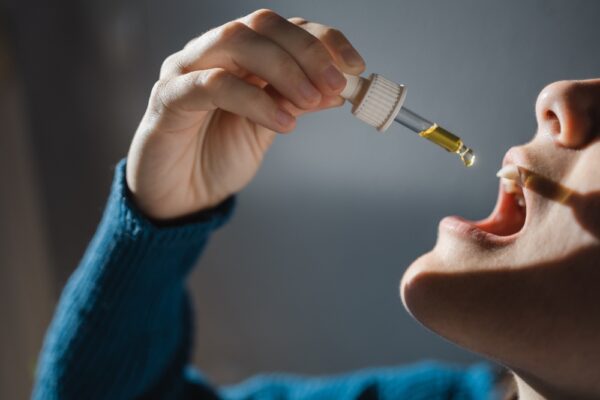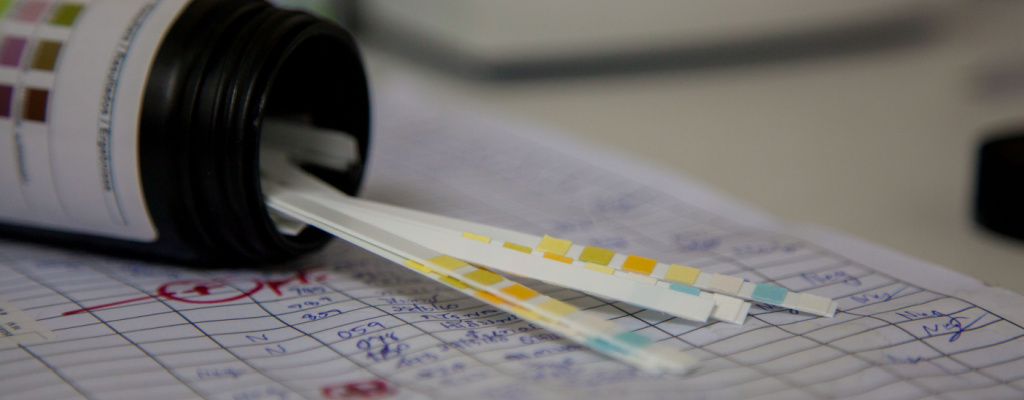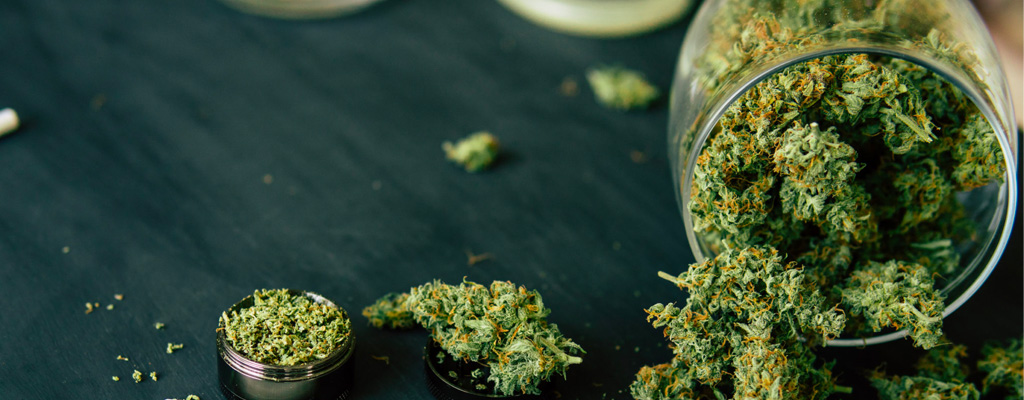Do you use CBD to help manage issues like inflammation or sleeplessness? If so, you might be wondering how long CBD is detectable in urine.
The topic is a lot more complex than it may sound at first. For starters, CBD generally isn’t included in standard drug test panels. However, there’s much more to consider.
Some CBD products, like full-spectrum CBD oils, intentionally contain THC. That THC can show up on a drug test. Similarly, if CBD products aren’t lab tested, you can’t be sure about their contents. They may be contaminated with THC.
It’s always important to find a retailer that shares the results of third-party lab testing for their CBD products. That way, you’ll know exactly what you’re putting into your body.
Let’s briefly review what CBD is. Then, we’ll look at CBD, drug tests, and how long CBD is detectable in urine.
What is CBD?
Cannabidiol (CBD) is a chemical found in both cannabis and hemp plants. It’s classified as a cannabinoid: a chemical that acts on the body’s endocannabinoid receptors.
Most commercially available cannabinoids are used recreationally. They tend to create a positive change in mood and an altered sense of perception. Anecdotally, these cannabinoids can encourage creative thinking, make you more likely to laugh, and much more.
CBD is different from many other cannabinoids. The effects of CBD are not psychoactive, unlike many other cannabinoids. Instead, people use it to address a variety of conditions and concerns.
A medically reviewed article from GoodRx explains that research into CBD is ongoing. There are many potential benefits of CBD, although more research is needed to confirm them.
Some of the most common reasons people use CBD include reducing anxiety, inflammation, and insomnia. It may also help address chronic pain. CBD may also reduce cravings associated with certain types of addiction.
Is CBD Legal?
On the federal level, CBD is legal. The 2018 Farm Bill legalized the commercial production of hemp. The only major limitation is that this hemp contains no more than 0.3% Delta 9 THC.
CBD is also legal on the state level in many but not all states. Municipal laws can restrict CBD use and possession, although this is rare. To be safe, we recommend checking on local and state laws before buying CBD.

How is CBD Made?
Most CBD sold on the market today comes from hemp plants. Plants go through a multi-stage process from harvest to the final sale of CBD products.
CBD can be extracted from hemp plants using a medium like carbon dioxide or ethanol. Further processing and refinement create specific products, like CBD gummies and CBD oils.
Unfortunately, CBD products may be contaminated with Delta 9 THC and other cannabinoids present in hemp plants.
High-quality, trustworthy brands use careful processes to ensure their products have accurate labeling. They share the results of independent lab testing with retail partners and customers to confirm quality and purity.
However, not all brands take these steps. A study conducted by Johns Hopkins Medicine analyzed a variety of topical CBD products. It found 11% of products marked as THC-free actually contained THC.
None of these products exceeded the 0.3% THC threshold for legal hemp plants. However, the contamination could still cause problems for users who have to take drug tests.
The residual THC could cause a positive test result. That’s true despite the user thinking they were only using CBD. While CBD isn’t normally a target in drug tests, THC is.
How Long Does CBD Remain Detectable in Urine?
As we explained, and as Healthline emphasizes, CBD is not included in common drug tests. However, THC is. Tests for CBD are much more rare but do exist.
One crucial concept to keep in mind is that CBD detectability varies based on many individual factors. Metabolism, body composition, and how frequently you exercise are a few examples. Fast metabolism and frequent exercise can reduce the amount of time CBD is detectable in urine or through other means.
So, how long is CBD detectable in urine? How long does it stay in your system? A medically reviewed article from Spring Hill Recovery Center explains some specifics about CBD and urine tests:
- Single uses or exposures can be detected for about three days after the last use.
- Heavy use and high doses can expand that time period to somewhere between a week and a month, or even longer.
With that answered, let’s look at some related questions.
How Long is CBD Detectable in Saliva?
Healthline explains that there isn’t a simple answer to this question. There is not an officially established level to return a positive result for THC in a saliva drug test. Recommendations exist but have not been universally adopted.
Because CBD testing is much more rare than THC testing to begin with, the same is true of CBD.
How Long Are CBD Gummies Detectable in Urine?
Metabolites of CBD gummies will stay in your body longer than those from smoking or vaping. However, the same general guidelines likely apply as they do for urine tests.
For single uses and a moderate dose, CBD may be detectable for a few days. Consistent use and high doses can extend that timeline to somewhere between a week and a month, or potentially longer.
Wondering how long CBD oil is detectable in urine? You can use the same guidelines.
How Long is CBD Flower Detectable in Urine?
Again, the same general guidelines apply for CBD flower. Metabolites of CBD from smoking flower may leave your system faster than those from edibles.
However, that same few days to a month or more timeline applies. It comes down to the frequency of use, dosage size, and individual body and metabolic factors.
Find High-Quality, Lab-Tested CBD Products
Delta 8 Resellers is proud to work with leading brands and share independent lab testing results for our CBD offerings. You deserve CBD products that are accurately labeled, pure, and effective. That’s our priority for every single CBD product we offer.



